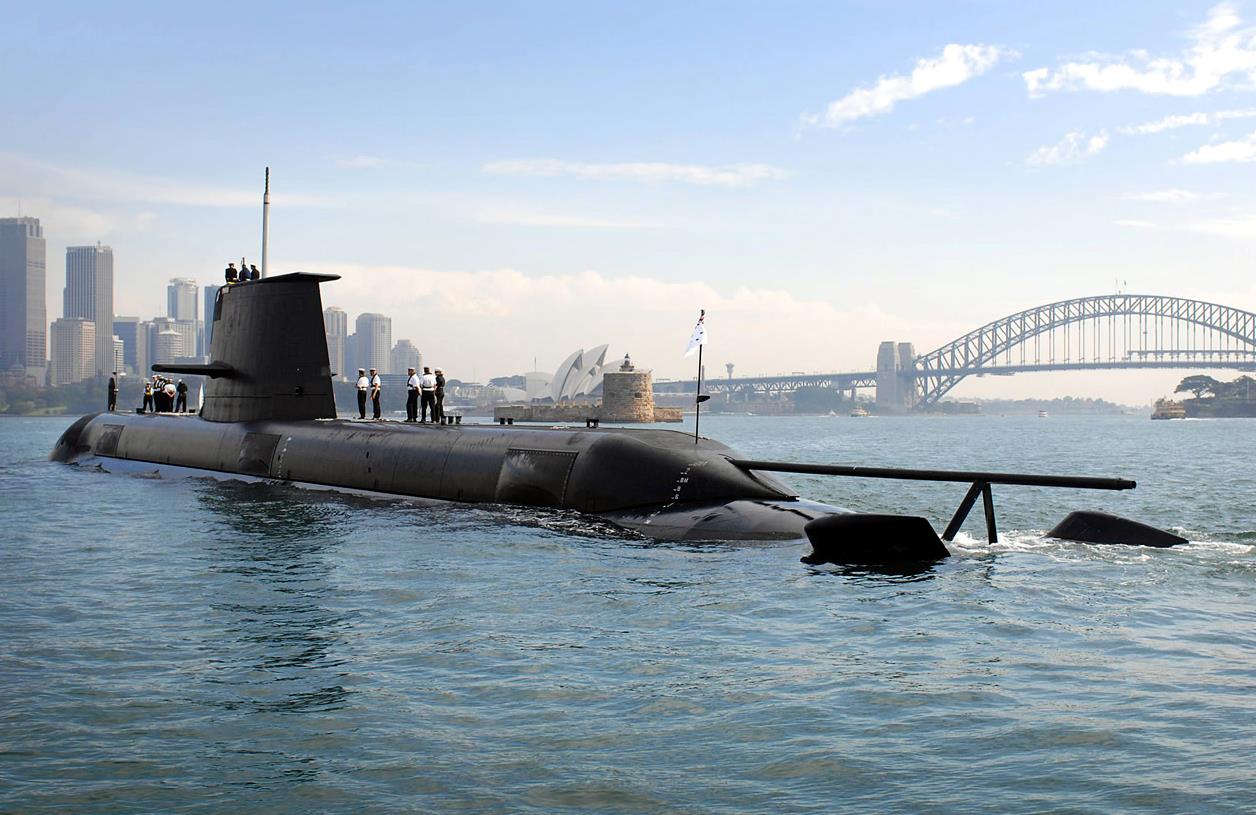CANBERRA, April 26 (Xinhua) -- French shipbuilding company DCNS has secured the lucrative 40 billion U.S dollar contract to build Australia's next-generation naval submarines, Prime Minister Malcolm Turnbull revealed on Tuesday.
Following months of speculation surrounding the new contract, DCNS was revealed as the firm to design and build the submarines, beating out bids from the Japanese government, which was initially favorite to win the contract, and German firm TKMS.
The 12 submarines will be built in South Australia, and are in line to replace Australia's current fleet of ageing Collins Class submarines, and according to Turnbull would be "regionally superior" to any vessel operating in Australian waters.
"This is a great day for our navy, a great day for Australia's 21st century economy, a great day for the jobs of the future," Turnbull told the press at the announcement on Tuesday.
"(Our fleet) has to be the best, and these submarines will be the most sophisticated naval vessels in the world."
Turnbull said the planning, construction and ongoing maintenance of the submarines would provide stable employment for thousands of workers and ensure the future of the industry in South Australia.
"The spin-offs into the rest of the economy will be immense," Turnbull said, "The submarine project alone will generate an additional 2,800 Australian jobs."
"They will be built in Australia with Australian jobs, Australian steel and Australian expertise. This will secure our future security."
Meanwhile Defence Minister Marise Payne said the submarines would be "vital" to Australia's maritime defence until "2060 and beyond".
She said the decision to choose DCNS came after a "rigorous and methodical" process undertaken by the national security committee.
"This is indeed an historic day for our nation's security, for our navy and for our defence force," Payne told reporters.
"National security has been the number one driver of this decision. It reflects the fact we are a maritime based nation and that we are linked to the maritime environment."





